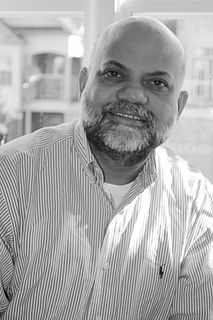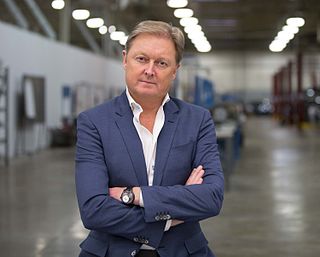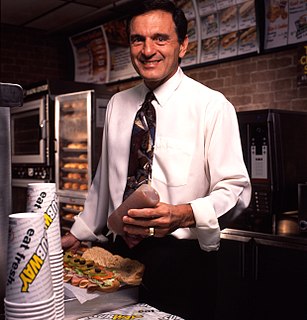A Quote by Don Felder
If I put 3,000 miles a year on my car, that's a lot. If I buy them, it just doesn't make sense, so I lease them, and my company writes the whole car expense off.
Related Quotes
In a startup car company, everything you do has to be done in a different way than a traditional car company. And the main reason is that all of these big car companies are operating like giant well-oiled machines - you could put a very seasoned executive in, and all he has to do is make sure the machine keeps running.
My first car was, as depicted in 'Sleepwalk with Me,' my mother's '92 Volvo station wagon that had 80,000 miles on it, and I had put 40,000 miles on it, so by the time it retired it had 120,000, and I basically killed it. It served me well, and my mechanic was always very angry with me because I just didn't properly care for it.



































